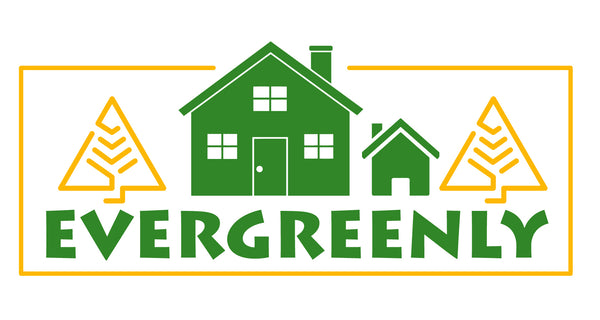Enhancing Comfort, Safety, and Independence
As we age, our homes should evolve to meet our changing needs, ensuring comfort, safety, and independence as well into our golden years. Smart home technology offers innovative solutions tailored specifically for seniors, empowering them to live more comfortably and securely while maintaining their independence. In this guide, we'll explore the benefits of smart home solutions for seniors and highlight the key features that can enhance their quality of life.
Understanding the Needs of Seniors
Before diving into the specifics of smart home technology for seniors, it's essential to understand the unique challenges they may face as they age. From reduced mobility and vision impairments to memory loss and chronic health conditions, seniors often require additional support to navigate daily tasks and maintain their well-being. Smart home technology can address these challenges by providing assistance, security, and peace of mind.
1. Enhanced Safety and Security
Safety is a top priority for seniors, especially those living alone or with limited mobility. Smart home security systems offer advanced features such as motion sensors, door/window sensors, and surveillance cameras that can detect intruders and alert homeowners to potential threats. Additionally, smart locks provide convenient keyless entry options, allowing seniors to lock and unlock doors remotely using a smartphone app or voice commands. With real-time alerts and remote monitoring capabilities, seniors can rest assured knowing that their homes are protected around the clock.
2. Remote Monitoring and Caregiver Support
For seniors who require assistance with daily activities or have complex medical needs, smart home technology can provide invaluable support for both seniors and their caregivers. Remote monitoring devices, such as smart sensors and wearable health trackers, can track vital signs, detect falls, and send alerts to caregivers or emergency responders in case of an emergency. Smart home hubs and voice-controlled assistants can also serve as virtual companions, providing reminders for medication, appointments, and other important tasks.
3. Adaptive Lighting and Environmental Controls
Vision impairments are common among seniors, making it challenging to navigate dimly lit spaces or adjust lighting settings manually. Smart lighting solutions offer adaptive features such as motion sensors, voice control, and customizable brightness levels, allowing seniors to illuminate their homes effortlessly and safely. Similarly, smart thermostats and climate control systems can regulate temperature settings automatically based on occupancy patterns and personal preferences, ensuring optimal comfort without the need for manual adjustments.
4. Voice-Activated Assistance and Communication
For seniors with limited mobility or dexterity, voice-activated assistants such as Amazon Alexa and Google Assistant can serve as invaluable companions, providing hands-free access to information, entertainment, and communication tools. Voice commands can be used to control smart home devices, make phone calls, send messages, play music, and even access news and weather updates. By eliminating the need for physical interaction with devices, voice-activated assistants promote independence and empower seniors to stay connected with loved ones and the outside world.
5. Aging in Place with Smart Home Adaptations
Many seniors wish to remain in their own homes as they age, a concept known as aging in place. Smart home technology can facilitate aging in place by providing adaptive features and modifications that accommodate changing needs and abilities. From installing grab bars and ramps to retrofitting kitchens and bathrooms with smart appliances and accessibility features, smart home adaptations can transform traditional homes into safe, comfortable, and accessible living spaces for seniors to enjoy their retirement years with dignity and independence.
Conclusion: Embracing the Future of Aging
In conclusion, smart home technology offers transformative solutions for seniors seeking to maintain their independence, safety, and quality of life as they age. By harnessing the power of automation, remote monitoring, and adaptive features, smart homes can address the unique needs and challenges faced by seniors and provide peace of mind for both seniors and their caregivers. As we embrace the future of aging, let's continue to innovate and explore new ways to enhance the lives of seniors and empower them to live life to the fullest in the comfort of their own homes.

